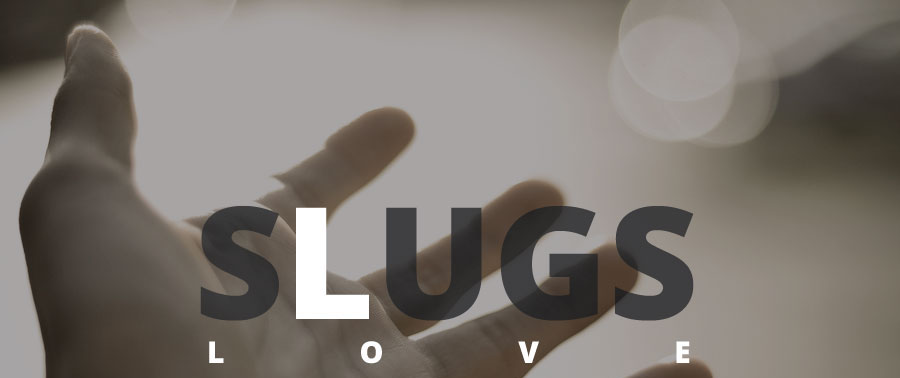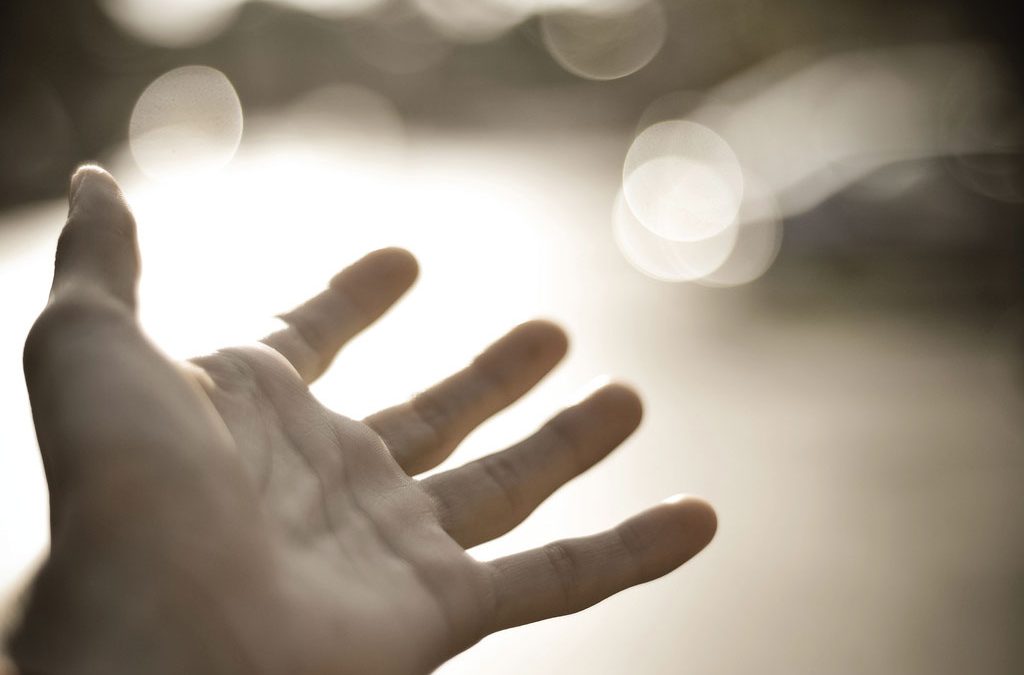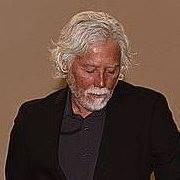LOVE
Recovery Value Two

Love: Recovery Value Two
So, a person gets Sober (addiction), Safe (trauma), and/or Stable (mental ills), and what happens next? Someone, usually a counselor in a treatment setting, steps up and says “I am with you in this and you can do it. We will walk together in this process and see it through”. Encouragement is given. Clear, focused feedback is provided. A needed pat on the back, a hug, a smile, positive regard, all in the name of Love. We realized back in the 80’s that we only wanted counselors on our staff who could honestly and genuinely serve in the most Loving way. We Love them until they can Love themselves. We celebrate their successes. We see them recover.

Love: The Second Recovery Commitment
Once Sober, Safe, and/or Stable, it is time to commit to Love in order to move the recovery process forward. This means that we first open ourselves to the caring, support, encouragement, and positive regard coming from professional caregivers, family, and friends. These are the people who really care about our well-being and recovery. Then we start with a program of self-care. Then we reach out to help others. This Love thing is huge. You don’t want to miss out.

Love: Second Level Recovery
When we talk about healing, we must talk about Love. Most everyone will acknowledge that Love has healing power. It is so much better than the absence of Love. In addiction, trauma, and mental illness, there exists perceptions by some others that are quite negative, blaming, and stigmatizing. These views must be overcome in order to be in any way helpful to those suffering these conditions. Not everyone can be helpful. Pick your caregivers and friends carefully. Be with the Lovers, not the hurters. Let Love be.
Love: The Second Recovery Commitment
Think of it this way: If you entered the recovery process and you had around you people who were emotionally manipulative, angry, crazy-making, and/or abusive, your chances of progressing would be diminished. It is imperative that you place yourself in an environment that is Loving and supportive to your well-being. Caring companions are your biggest advantage at this phase of recovery. Whether professional caregivers or family and friends, those who you are choosing to be with can make all the difference in your recovery.

 John has a bachelors degree in Sociology and a masters degree in mental health counseling from Wright State University in Dayton, Ohio.
His 40 years professional experience in addictions and mental health programs includes roles of Therapist, Director, CEO, and Consultant in a variety of settings around the United States. He currently works as an independent contract consultant to treatment centers and related programs. He also does public speaking for advocacy groups, civic clubs, treatment programs, and schools.
John has a bachelors degree in Sociology and a masters degree in mental health counseling from Wright State University in Dayton, Ohio.
His 40 years professional experience in addictions and mental health programs includes roles of Therapist, Director, CEO, and Consultant in a variety of settings around the United States. He currently works as an independent contract consultant to treatment centers and related programs. He also does public speaking for advocacy groups, civic clubs, treatment programs, and schools.


